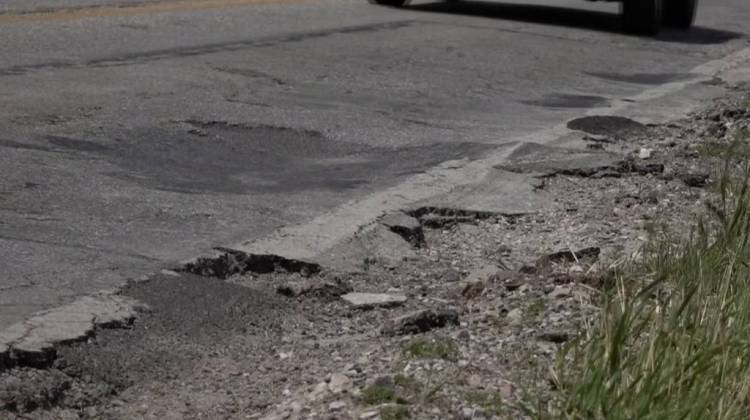
A group of companies and nonprofits will provide almost $20 million to conservation groups to improve soil health in Indiana and across the country.
Nick Janzen/IPB NewsA group of companies and nonprofits will provide almost $20 million to conservation groups to improve soil health in Indiana and across the country – a move aimed at putting more money in farmers’ pockets and protecting natural resources.
Money from the Foundation for Food and Agriculture Research, General Mills, Monsanto, and others will go to three conservation groups to better understand soil health. Larry Clemens, the director of The Nature Conservancy’s North America Agriculture Program, says Indiana is already a national leader in soil health.
“Indiana will be a very important place,” says Clemens. “Not only to continue testing soil health practices, but then use that as the example of how to expand and grow them.”
Hoosier farmers planted more than 1 million acres of cover crops in 2016 – which can promote better soil health. Other important components include no- or low-till farming and crop diversification.
Clemens says The Nature Conservancy wants to see half of all U.S. row crop agriculture – like corn, soybeans, and wheat – adopt soil health practices in the next 10 years.
“That’s a very aggressive goal, but that sort of starts to lay out a future of what we think soil health can do and where we need to be as a society,” Clemens says.
He says grants like this one can help make that goal a reality.
 DONATE
DONATE









 Support WFYI. We can't do it without you.
Support WFYI. We can't do it without you.